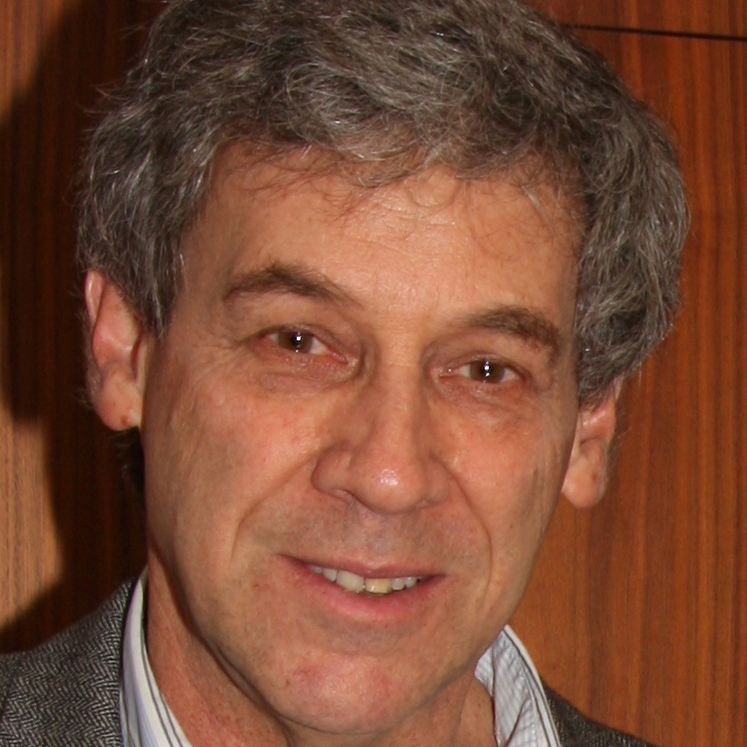
Voices

Online rage versus cool heads
GEOFF SIFRIN
This is how the petition against King David Victory Park Deputy Head Boy Josh Broomberg was created by someone calling himself a “concerned Zionist”, to punish Josh for posing in a photo on Facebook wearing a keffiyeh. Before you knew it, the petition had been submitted to Jewish educational authorities with over 1 200 signatories, many saying awful things about him and demanding punishment.
Then another online petition followed from former head boys and girls – many now adults and living elsewhere – to support his right to express himself, even if they may not agree with his sentiments. It quickly garnered over 1 000 signatures.
The SA Board of Jewish Education, as the umbrella body overseeing Jewish education in South Africa, had to take a stand – and it has. Cool heads have prevailed. Josh is safe. High marks to it for refusing to bow to pressure to strip him of his position and honours.
Sticking to solid educational principles, the SABJE – in its formal statement – said good education meant teaching youngsters to hold views of their own, but with a sense of responsibility. The head of the SABJE, Rabbi Craig Kacev, told Jewish Report on Monday: “Educational policy is not made on the basis of emotional online petitions.” And teachers were not there to be “thought police”.
There is another side to this. Emotions were already at a peak before the incident, because of the devastation and trauma of Operation Protective Edge and the anti-Semitic groundswell worldwide, fuelled by people who would like to see Israel wiped off the map.
The boy’s action in donning the keffiyeh was the trigger that set things off. The SABJE said in its statement that Josh’s appearance in the photo was “insensitive and hurtful”. There is certainly a case to be made that his actions were inappropriate while representing his avowedly Zionist school. Josh did in fact apologise, should he have caused hurt.
There is no such thing as unbridled freedom. Freedom of expression must be exercised responsibly. Was the trigger for this explosion the fact that he wore a keffiyeh? His pose felt to some Jewish South Africans on a par with wearing a Nazi uniform. Had he simply written and distributed an essay about his views on Gaza, there would probably not have been such an uproar.
Nevertheless, an ugly, intolerant side of this community was revealed in the vitriol directed at him. His portrayal as a traitor to his school, Israel and the Jewish people, was unbefitting of a community which should know better than to explode in this crude, divisive manner. If anyone disagreed with him, dialogue and debate was the way to go.
Endorsing his right to freedom of expression does not automatically mean agreeing with what he says about Israel, Palestine or anything else. As Voltaire is reputed to have declared in a different context: “I may not agree with what you say, but I will defend to the death your right to say it.”
Was Josh’s act the impetuousness of youth, or a sincere, thought-through viewpoint? Maybe a bit of both. What we can’t deny, however, is that it has caused a very worthy debate in the Jewish community about tolerance and diversity, which is still raging and will go on for a long time.
It was noticeable that his school did not itself respond to the uproar, allowing the initiative to be taken first by the “concerned Zionist” petition baying for Josh’s blood, then the string of former head boys and head girls. Was the school too timid to take a stand?
How will this saga be seen in five years’ time? Will Josh be called a “hero” for having had the courage, as a young boy, to stand up against the stream despite being slammed for it? Or an example of a naïve youngster being influenced by evil forces, who didn’t have the clarity of mind to resist?
Whatever the answer, it is good that cooler heads in authority have for now prevailed.




